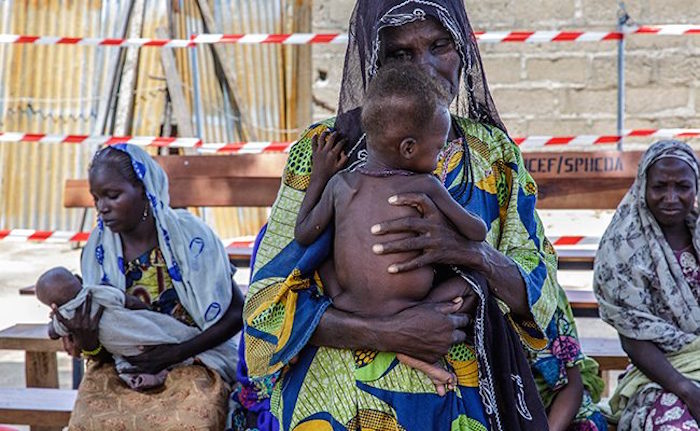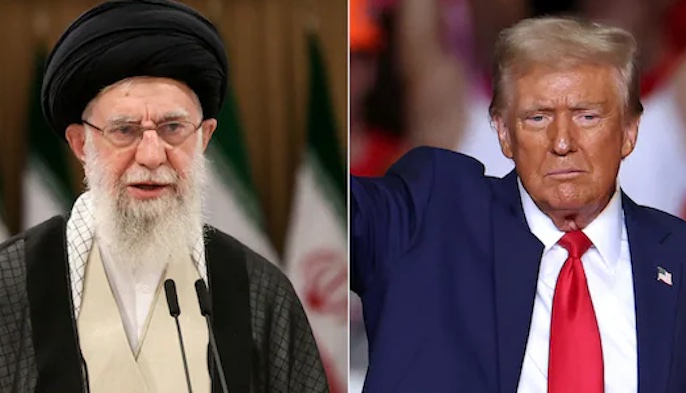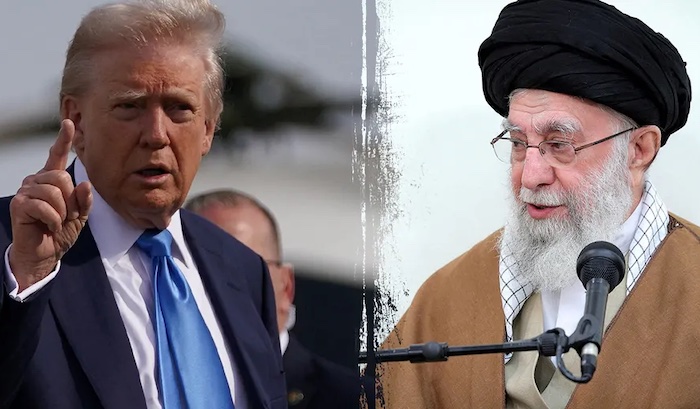
The European Union Parliament has decried the perennial malnutrition crisis in Northern Nigeria, promising to stand by Nigeria in addressing the issue.
The promised was made in Wednesday evening by EU parliamentarians who paid a three-day visit to Nigeria.
The leader of a six-member delegation, David MacAllister during a press conference to round up their visit, also urged the three tiers of government to urgently face the health crisis.
MacAllister said: “At the same time, ladies and gentlemen, we are deeply concerned and deeply saddened by the malnutrition crisis, in particular in north-east and north-west Nigeria.
“The European Union stands with Nigeria and the affected populations, mainly children, with the humanitarian support of nearly €50 million this year.
“But a financial commitment from Nigeria’s federal and state governments is also urgently needed to face the crisis. Thousands of children are unemployed.”
He promised that the EU will follow up the situation. “We will certainly follow up in particular on those matters and in particular on the unfolding humanitarian crisis in north-western Nigeria,” added.
He pointed out that Nigeria matters to the EU being the most populous country on the continent and one of its major economies.
He added: “So we do hope that Nigeria can also contribute to play a leading role to strengthen the EU-EU relationship, in particular on the occasion of the EU-EU summit to be held in Angola at the end of November.
“When it comes to your great country, Nigeria, we in the European Union consider Nigeria a strategic partner.”
MacAllister said his stay in Nigeria has brought him closer to unravel some of the 5,000 puzzles about the country.
He quoted an English saying: “Well, I described Nigeria to me as a puzzle of 5,000 pieces, and we have certainly set the frame in the last 48 hours, and every conversation, every briefing, every meeting we had makes me add further pieces together. And what I have always realised is the good English saying, “what is seen is better than a hundred times read”.
He said this applies to Nigeria, adding “We have started to understand better, and our main message will be that we need to be in continued engagement with the European Parliament, not only with the largest country in Africa, but also with democracy.
“Nigeria may not be a perfect democracy. Indeed, in the actual governance, you know that yourself, but this country is a democracy, and that’s why we highly respected our colleagues we met today from the different political parties, and we’re very honoured to not only be received by the President of the Senate, but also by the Deputy Speaker of the House of Representatives.”
On the European Union-African Union summit holding in Angola next month, MacAllister said “European Parliament has adopted a resolution, a particular resolution last week in Strasbourg, where the draft version, which was finally adopted between the political groups after three days of negotiations with a broad majority, kind of underlines the European Parliament’s expectation towards this summit.”
He also added: “We would like to see concrete results. We want to foster trade between Europe and Africa. We want to make our development cooperation as effective as possible, and we strongly, in the European Parliament, across party lines, believe that the future of Europe and the future of Africa are so closely linked to each other.
“Your success and the success of Africa will also be our success in Europe and vice versa.
Also speaking, the Head of EU delegation to Nigeria and ECOWAS, Ambassador Gautier Mignot said EU’s interest is to have a prosperous Nigeria.
Explaining why the EU has been magnanimous to Nigeria albeit ECOWAS, Mignot said “Of course we are doing this also because it is in our interest. Our interest is to have a prosperous, stable and democratic West Africa and in particular the main country in West Africa and in the African continent and Nigeria.
“And also, of course, we need Nigeria to partner with us to defend our common values that we are sharing, defence of natural resources in particular, on the world scene. And we need Nigeria also to make business. We need Nigeria to manage, to gather migration flows. “This is what we are doing. So we have common interests and of course this is what our partnership is based on. Nigeria matters, Nigeria matters to the European Union and our message returning to Europe, returning to Brussels will be that we believe it is time for the European Union to engage more with and in Nigeria.”
On the issue of malnutrition, the envoy said EU teams are in contact with partners who are operating different states like Katsina and Sokoto for instance, in particular in the North-West of the country.
He added: “And they ‘ve been recently on the field, so what we see is that there are still many, many families coming, mothers with babies, with children in states of severe acute malnutrition and these children are in danger of dying and some of them have died. I’ve seen myself a few weeks ago when I went to Katsina and there are also many families that do not reach these centres because they don’t know of their existence or they are just too far away to reach them. So there is really a necessity to make sure that there is no breakup in the chain of supply of the therapeutic food, which is absolutely indispensable and this requires additional funding from international donors or from national donors.
“We have seen how some state governments, Katsina for instance, have become more aware of the necessity of addressing the situation, but we need real efforts from all sides to inform the reaction to this crisis.
“So it’s very important to mobilise the necessary funds to address this situation.”
Then on the question on cooperation between the European Union and ECOWAS, he said :Our cooperation is rooted in shared values such as mutual integration, good governance and economic growth. The partnership has evolved to cover a wide range of areas including security, trade, migration and institutional capacity building. I want to underline that the European Union has supported ECOWAS through financial aid, technical assistance and political dialogue, particularly in conflict prevention, counter-terrorism and also intellectual processes.
“The EU provides support to ECOWAS regional peace, security and stability mandate to build and maintain peace, security and stability in the region to ensure conditions of development.”Michael Olugbode



